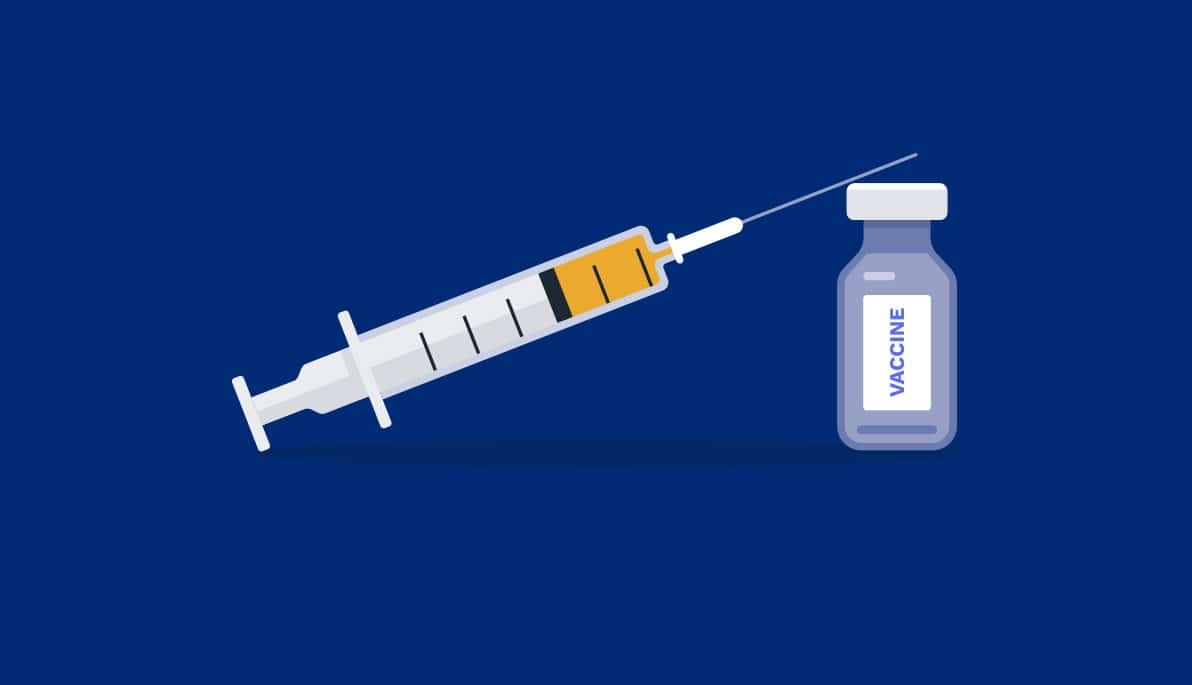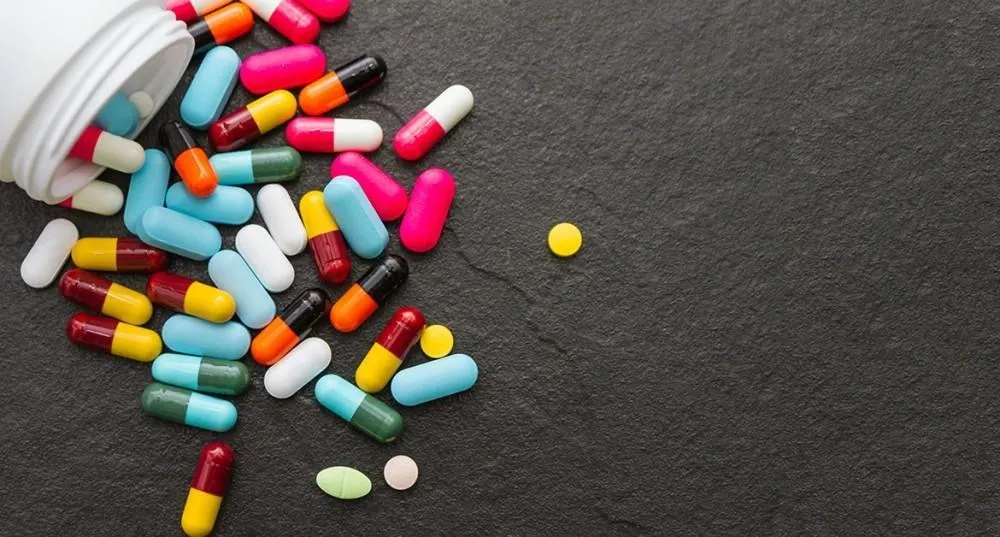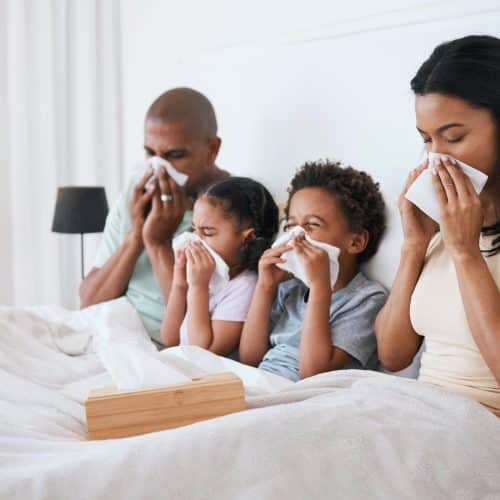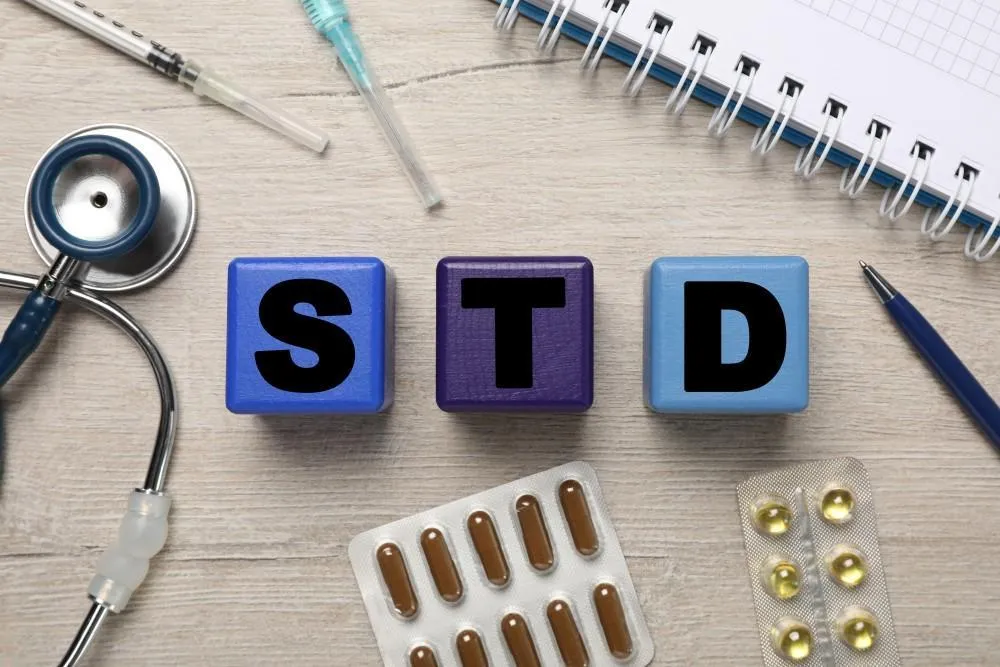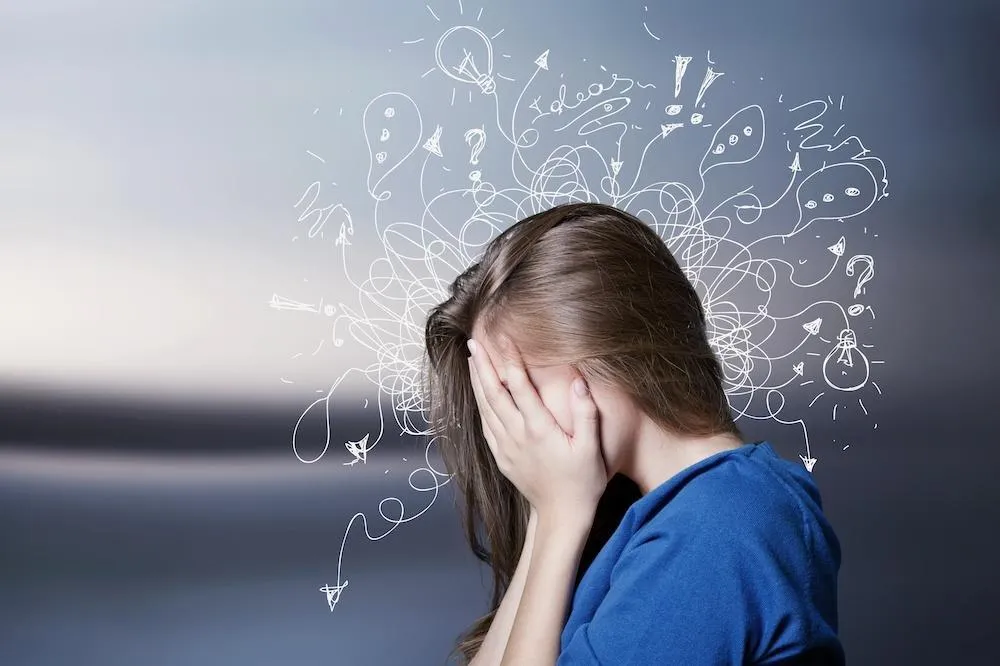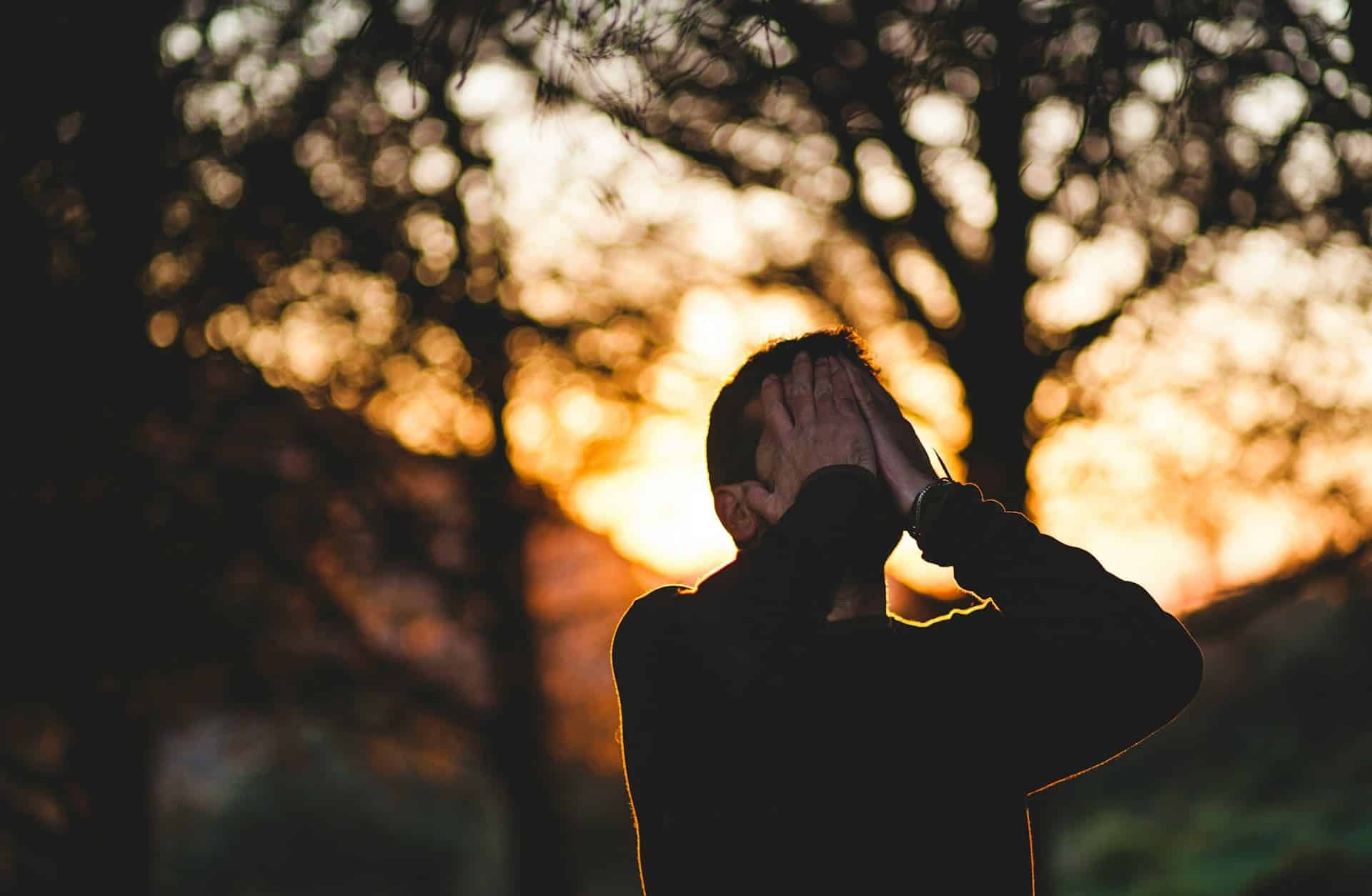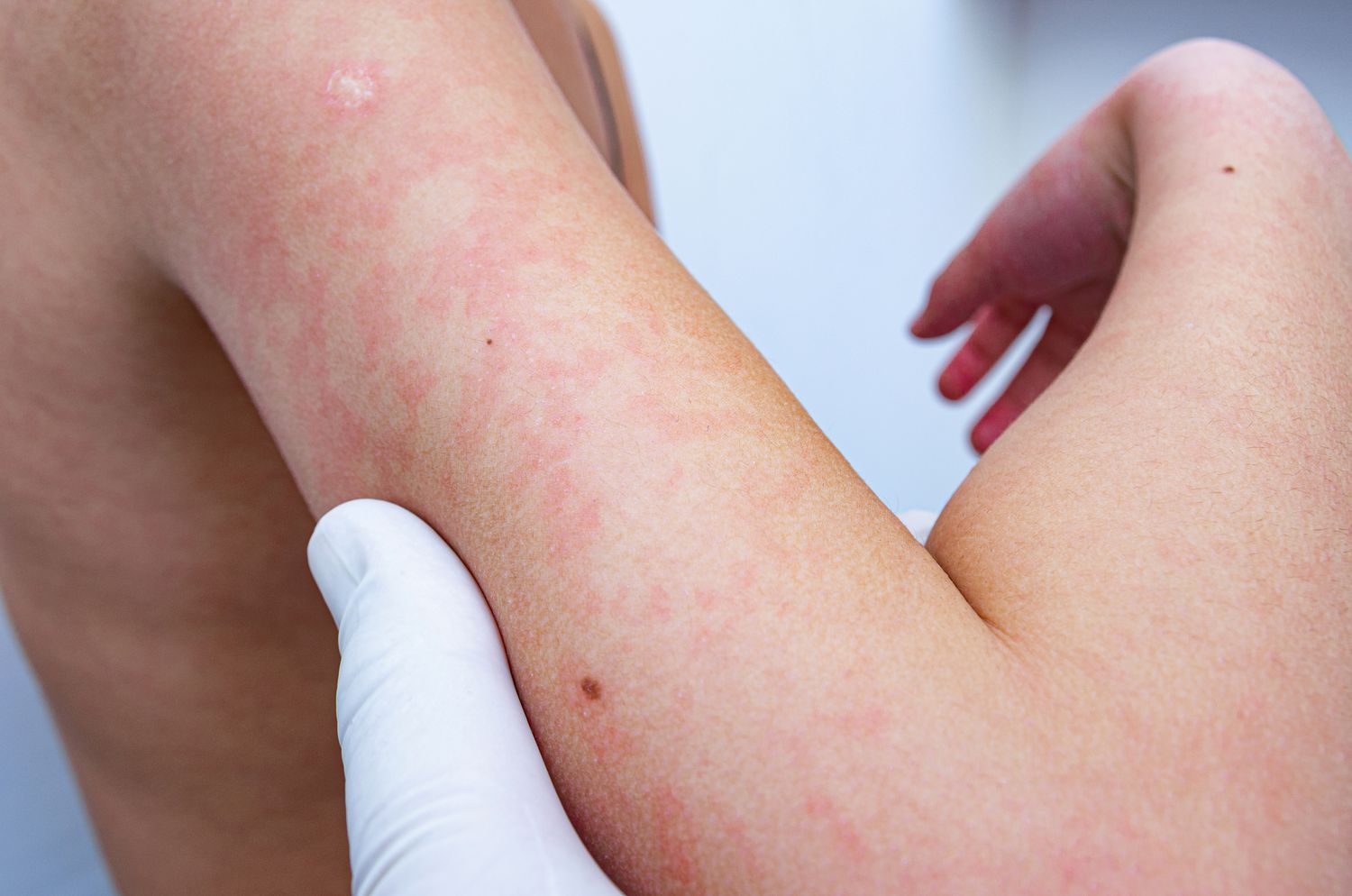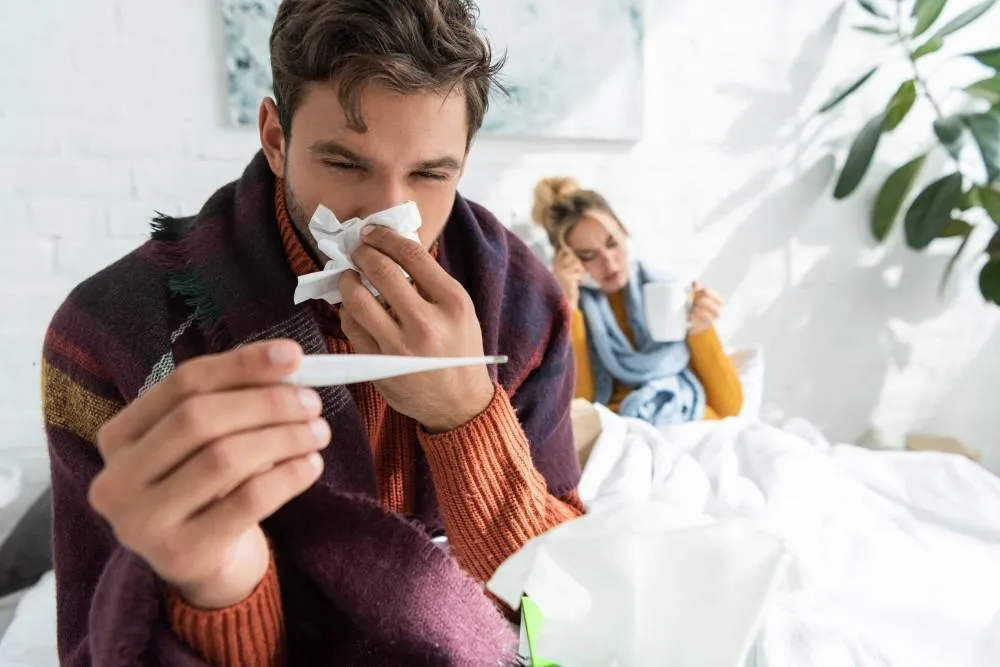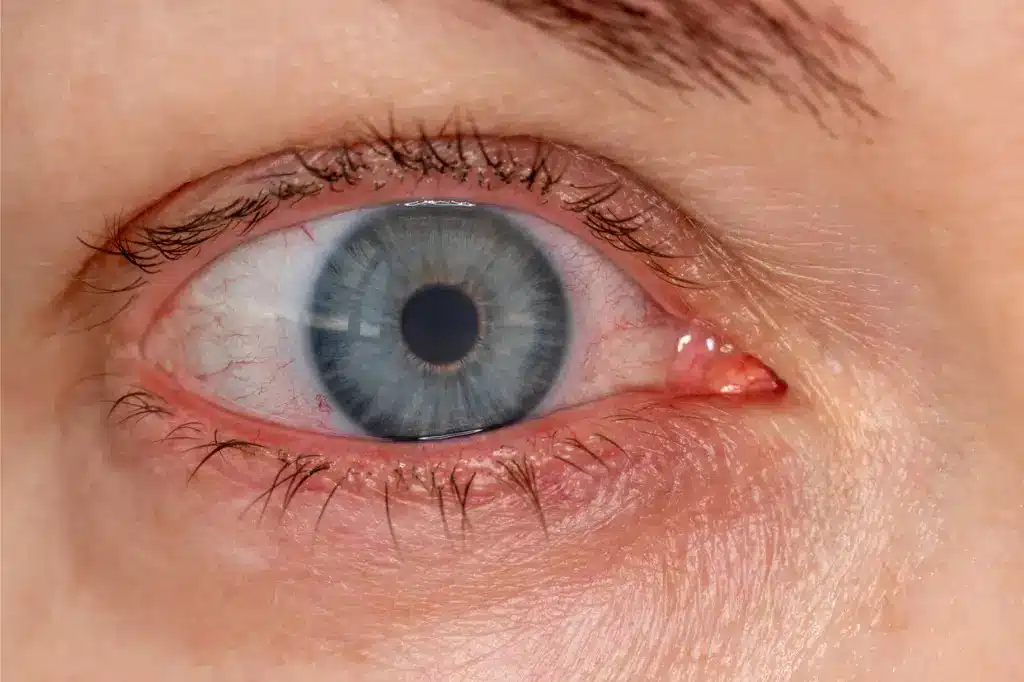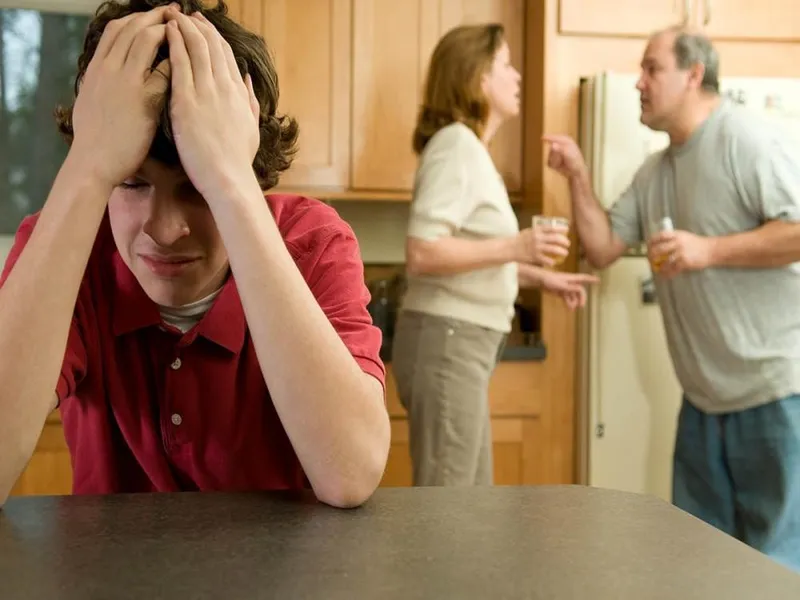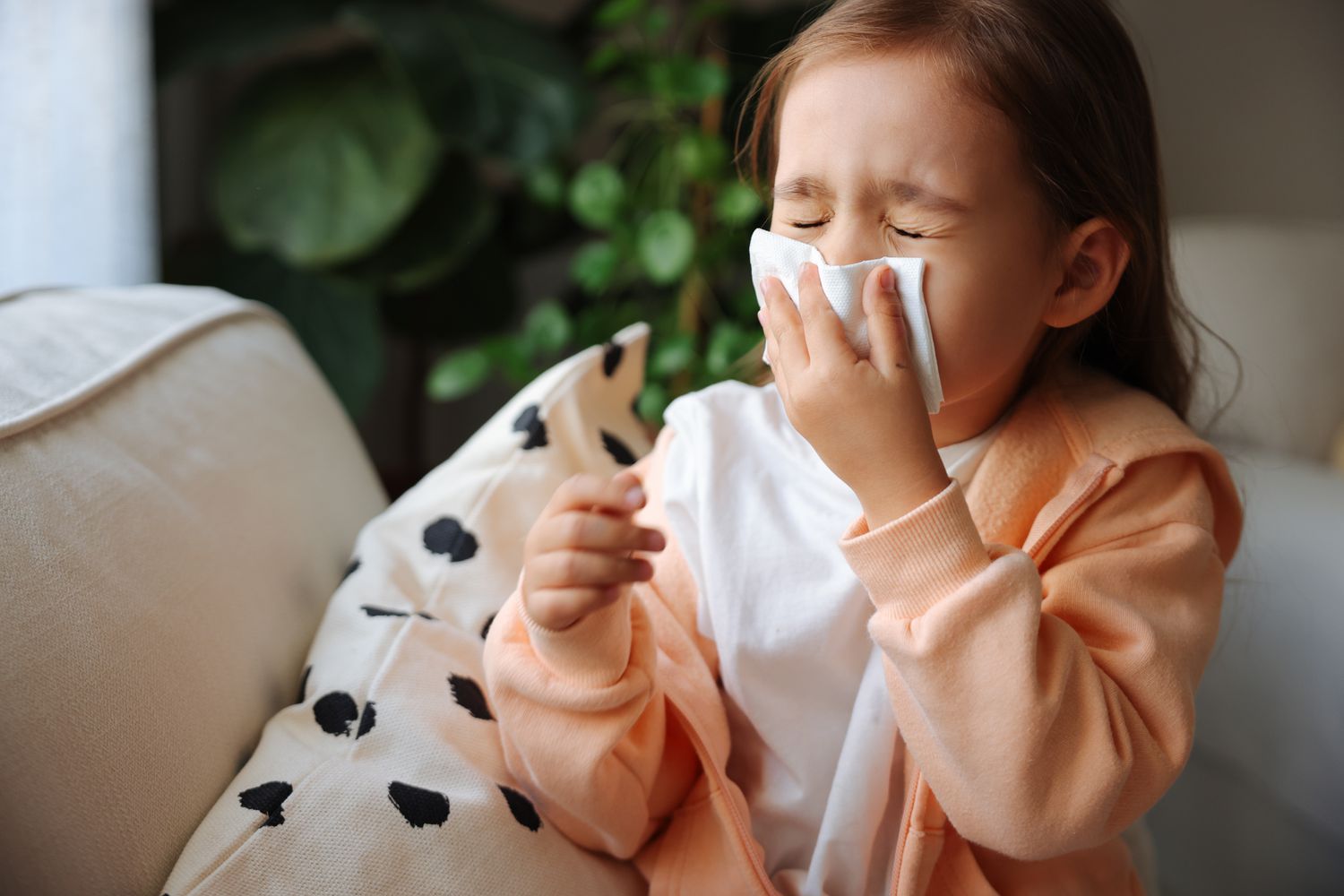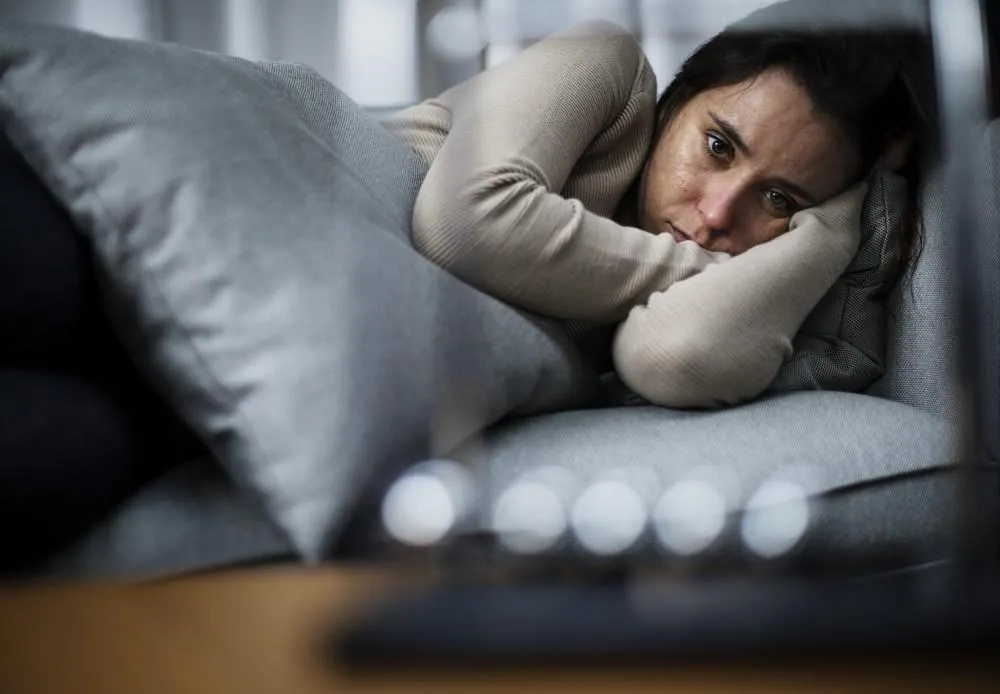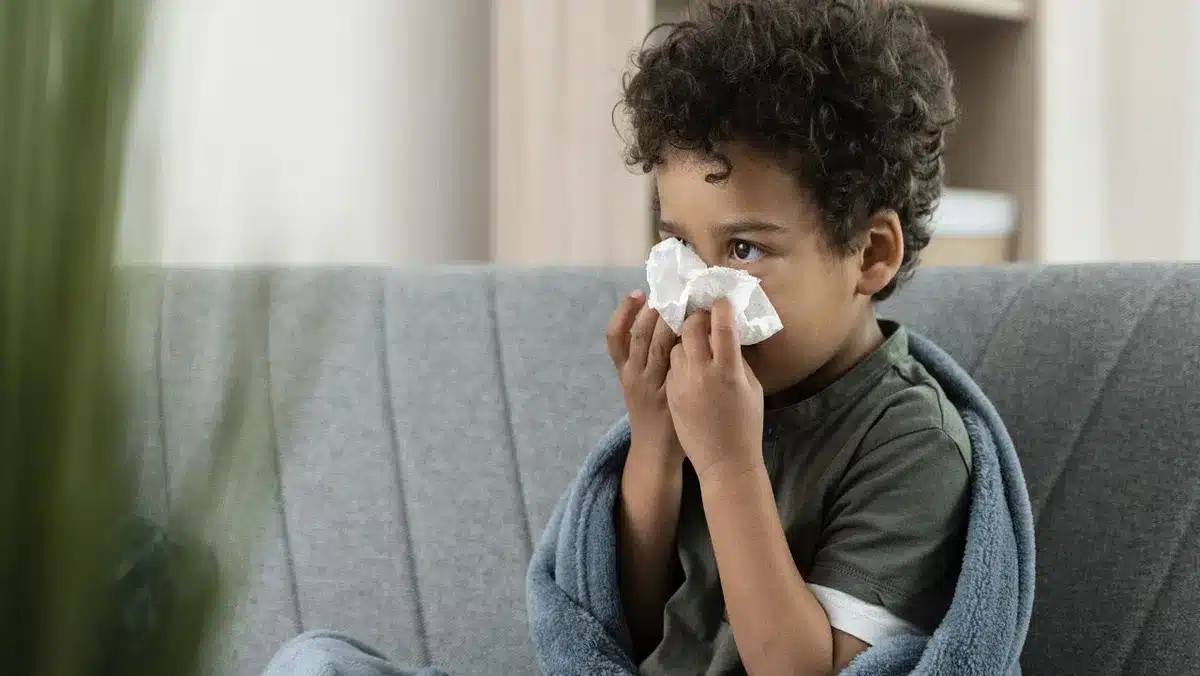Can You Get Sick From The Flu Shot?

As fall arrives, the question of flu vaccination comes up more and more often, and of course, we often hear myths about vaccinations. Many people say that they got sick after a flu shot, but is this true? These myths have quietly taken root in our minds, and this deprives us of the only preventative measure that works.
Yes, yes, the only one! After all, modern medicine does not have any drugs that directly reduce the chances of getting sick during the seasonal increase in the incidence of disease, especially at the stage of an epidemic or pandemic. There are antiviral drugs that can reduce the symptoms and the risk of complications in sick people, but they have no effect on the probability of infection itself.
At the same time, flu vaccination is not only a cost-effective measure for employers but also a highly effective preventive measure for everyone, especially for people at risk of severe and fatal complications from influenza infections.
The World Health Organization states that influenza vaccination prevents one out of every three deaths due to influenza and its complications. The difference between flu and COVID lies primarily in the symptoms and severity of the infections, despite the fact that both are viral respiratory diseases.
Flu Shot Reaction in Adults
Can the flu jab give you cold-like symptoms? Generally, flu vaccines are safe for most adults; however, because the human body is defending itself against the infection, it is not really possible for the vaccinators to guarantee that someone will not suffer some effects. Redness, pain, and swelling at the injection site are almost always the most attenuated adverse effects that anyone will experience as a side effect after receiving the vaccine.
Other uncommon complications include an allergy to the vaccine. Severe reactions should be treated immediately. In addition, people with certain allergies, for example, to the taste of eggs, should talk with their health providers about these matters before getting the immunization. Some people worry they might get sick after a flu shot, but the vaccine does not cause the flu.
In conclusion, giving the shot has clear advantages, as preventing a bad disease and its complications outweighs the fairly minimal risk of side effects.
Flu Shot Reaction in Children
Why does the flu shot make me sick? There is no doubt that vaccines help lower the risk of infection due to several strains of the virus, a disease that could be very serious for infants. Some common side reactions associated with the flu vaccine in children include the following;
- Soreness, redness, and swelling at the injection site.
- Mild fever.
- Muscle aches.
- Headache.
- Loss of appetite.
Anaphylactic shock due to a flu vaccine is extremely uncommon. If your child exhibits severe allergic symptoms such as asthma, hives, inflamed throat, or face, you should call for assistance.
Try to remember that the risk of flu despite being vaccinated is impossible. Influenza vaccines are either live attenuated or killed virus products. The aim of these vaccines is to induce an immune response to the influenza virus without developing the disease.
You must understand and emphasize that the flu vaccine’s advantages definitely present poor side effects. It will save your child from suffering from a very painful unfed condition. Feeling sick after a flu shot isn’t about vaccination. Our All Day Care Medical Clinic offers flu treatment services, including antiviral medications and supportive care to reduce symptoms and prevent complications.
Risks of Not Getting The Flu Shot
Ignoring a flu vaccine leaves the individual vulnerable to becoming infected with the flu. This disease can cause serious illness in people at risk, such as the elderly, pregnant women, young children, and people with chronic diseases such as asthma, diabetes, and heart problems. The flu is an acute contagious disease and can be contracted through coughing, sneezing, and direct or indirect contact with an infected person. Complications of influenza might include sinusitis and bronchitis, lung inflammation, acute respiratory failure, or even death.
Again, vaccination refusal increases the chances of the carrier handing the flu over to other people. That is especially harmful to those who cannot have the shot because of various conditions and depend on the community to be their shield. Vaccination refusal creates more burden for healthcare facilities as there will be more patients experiencing acute flu and being admitted to the hospitals. Vaccination is the best possible approach so that the risk of these complications can be minimized. It’s common to feel mild symptoms like fatigue or soreness, but feeling sick after a flu shot is usually a sign your immune system is responding.
Allergic Reaction to Flu Shot
Flu shots are considered to be safe with little possibility for adverse events. However, some people admit to an allergic reaction after taking the vaccine. Such reactions are most common within minutes to a few hours after taking the injection. Generalized symptoms may include the appearance of hives, itching and swelling on facial tissues, constriction in the throat, difficulty or rapid breathing, or fast heart rate. Perhaps the most extreme reaction is anaphylaxis, which is usually serious and needs urgent treatment that is often not available when required. Flu testing is available at most healthcare facilities to quickly determine whether your symptoms are caused by the influenza virus or another illness.
However, most seasonal flu vaccines are generally safe for patients with a moderate allergy to hatching egg grains. The last noteworthy point is that allergic reactions usually happen very rarely; thus, most people are at very low risk after vaccination against influenza. If you feel sick after a flu shot, it’s likely a normal reaction that should pass within a couple of days.
Why Does It Feel Like I Have the Flu?
A standard response of some patients after receiving the flu vaccination is a mild flu-like illness. This is not because the shot leads to the flu – it contains dead and, therefore, non-infectious strains of the virus. These symptoms are a sign of immune response due to the vaccine for protection development. Low-grade fevers, muscle soreness, malaise, and headaches are common and tend to last for several days. People with chronic diseases may feel sick after a flu shot, but serious side effects are rare.
The side effects associated with the complications due to vaccination are temporary as compared to a true flu infection and do not last for long. There should be systematic recording of clients who want to book an appointment as flu vaccination takes about two weeks before one is fully protected. In the circumstances when someone gets the flu within this period, their risk of coming down with it again in the winter is virtually nonexistent. Feeling sick 2 weeks after a flu shot is unlikely related to the vaccine, as it typically takes about two weeks to build full immunity.
Common Flu Vaccine Myths
Specifically, during the winter months, people have a lot of flu season questions regarding the effectiveness of vaccines, how to prevent the disease, when they might be sick, and how they would handle the symptoms of the flu. Such myths could create needless panic or doubt in people and, in turn, lead some people not to take the vaccine. Knowing the facts is important to making the right decisions in preventing flu infection.
Myth 1: Influenza does not affect people as a serious disease; so I do not have to be vaccinated
Such influenza can lead to death among its affected patients. Everyone, including the healthy population, can contract influenza, though the immunocompromised are especially at risk. Influenza shots do not prevent anyone from acquiring any form of flu all the time, but they can lessen the chances of acquiring deadly flu complications.
Myth 2: Vaccination can make me sick with the flu
There is no risk of contracting the flu after the shot because the vaccine contains the killed version of the virus. Weakness or a low temperature after the flu vaccination is only to be expected in some individuals and is a side effect that normally lasts no more than a few days. Feeling slightly sick after a flu shot is far better than risking severe illness from the actual virus.
Myth 3: Vaccination is contraindicated for pregnant women
Pregnant women should primarily be vaccinated against influenza because their immune systems are weakened. It is safe at any stage of pregnancy.
Myth 4: Flu shots are not very effective, I still got sick a year after getting one
Studies show that getting vaccinated can dramatically reduce your chances of getting sick. Getting a flu vaccination in the fall, including November (!), helps keep you safe from the flu 70% to 90% of the time. You must agree that this is a very high percentage.
If you’re feeling sick 2 weeks after a flu shot, it’s possible you’ve been exposed to the flu or another virus before the vaccine fully took effect. Debunking common flu vaccine myths is crucial for promoting public health and reducing the spread of influenza. By using reliable medical sources, people can make informed decisions about vaccination. Ultimately, getting vaccinated protects both you and those around you from serious flu-related complications.
Conclusion
To avoid getting sick, the influenza vaccine is designed with the help of the virus, altered, or killed so that one generates immunity without infecting the body. Do try to immunize yourself and your family against the flu by using the vaccine. Vaccination can reduce the occurrence of not only common flu but also mild, moderate, and severe complications. Consult with your physician concerning the vaccination and if you are feeling sick 2 weeks after the flu shot.

